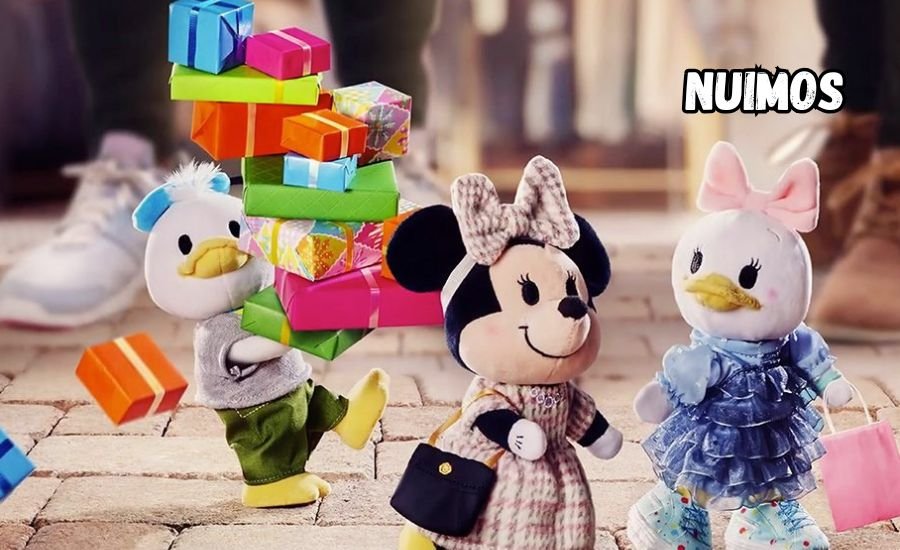Overcoming Unusual Habits: My Journey with the Quirky Phrase “I Used to Tickle My Pickle to Angry Birds Lyrics

We all have our little habits and routines that make us unique. Some habits are harmless, some can be a bit odd, and others might even be embarrassing to admit. Today, we’re diving into one of those quirky, unexpected habits that may seem out of place at first glance, but it’s also a powerful story of self-reflection, growth, and change. This is the tale of someone who used to “tickle their pickle” to Angry Birds lyrics.
Yes, you read that right. At first, it sounds bizarre, but when you take a deeper look, there’s more to it than meets the eye. In this article, we’ll explore how these quirky habits form, why they stick with us, and how we can ultimately break free from them and turn them into opportunities for personal development.
Understanding the Quirk: Why Angry Birds Lyrics?
Angry Birds, a mobile game sensation, took the world by storm with its fun characters, challenging gameplay, and catchy music. Millions of people around the world played the game, enjoying the sounds of birds fighting against green pigs to rescue their stolen eggs. But how did someone connect this light-hearted game with something as personal as “tickling their pickle”?
To understand this better, we need to explore the human brain’s capability of forming unexpected associations. For many, the playful tunes and repetitive nature of Angry Birds offered a sense of comfort. The game’s soundtrack, being catchy and familiar, might have served as a background soundtrack during times of emotional vulnerability or comfort-seeking moments. Our minds often make unusual connections, especially when we’re feeling stressed or overwhelmed.
The fact that someone associated Angry Birds lyrics with their intimate moments might seem odd at first. However, it’s essential to look at the deeper psychological aspects that drive such habits.
The Psychological Roots of Unusual Habits
People form habits for various reasons—stress, curiosity, or simply seeking comfort. The brain often seeks ways to escape reality, and sometimes, it latches onto the most unexpected things to create a sense of security or satisfaction.
In this case, the individual might have been going through a challenging time. The Angry Birds soundtrack could have provided a consistent, comforting background that was there when other things weren’t. Over time, this background music became more than just noise—it became part of an escape from reality.
Humans are complex, and our minds work in strange ways. Habits, even the quirky ones, are often our brain’s way of dealing with emotional turmoil, boredom, or anxiety. The habit of “tickling a pickle” while listening to Angry Birds lyrics might have started as a simple form of comfort and gradually turned into a more ingrained behavior.
Recognizing and Acknowledging the Habit
Breaking any habit, especially one deeply tied to personal emotions or experiences, requires self-awareness. The first step in overcoming any habit is recognizing it. Once you can pinpoint the behavior and its triggers, you’re already halfway to making a change.
In the case of “tickling a pickle” to Angry Birds lyrics, the individual likely experienced moments of self-reflection where they began to question their habit. They might have thought, “Why do I do this? How did this even start?” These moments of self-realization are crucial for growth and change.
But recognition alone isn’t enough. It’s important to dig deeper and understand what’s driving the behavior. Is it stress, boredom, or simply a need for comfort? By understanding the root cause, it becomes easier to find healthier alternatives.
Breaking the Habit: A Step-by-Step Approach
Once you’ve recognized the habit and its triggers, it’s time to take action. Here are some practical steps to help break unusual habits like this one:
1. Self-Awareness and Acceptance
The first step in breaking any habit is acknowledging it. In this case, the person recognized that they had an odd connection to the Angry Birds lyrics. This self-awareness is the foundation for any change. Accepting that the habit exists and is part of their life is crucial for moving forward.
2. Identifying the Triggers
Habits are often triggered by certain emotions, environments, or situations. In this case, the trigger might be boredom, stress, or a need for comfort. By identifying what triggers the habit, it becomes easier to avoid or address those situations.
3. Finding Healthier Alternatives
Once you’ve identified the triggers, the next step is to find healthier alternatives. For example, instead of turning to Angry Birds lyrics for comfort, the individual could try engaging in a new hobby, practicing mindfulness, or exercising. These activities can provide the same emotional relief without reinforcing the old habit.
4. Gradual Change
It’s essential to recognize that habits don’t change overnight. Gradual, consistent effort is key to breaking old patterns and forming new ones. Start by slowly reducing the frequency of the habit and replacing it with healthier activities.
5. Seeking Professional Help
Sometimes, overcoming a deeply ingrained habit requires outside help. Therapists and counselors can offer valuable insights and strategies to help individuals tackle the root causes of their behavior.
The Role of Music in Emotional Habits

Music plays a significant role in shaping our emotions and experiences. For many, it’s a source of comfort, joy, or even melancholy. In this case, the individual found solace in the familiar tunes of Angry Birds.
The repetitive nature of music can create a strong emotional connection. In times of stress or emotional vulnerability, we often turn to familiar sounds and rhythms to ground ourselves. This is why music is such a powerful tool in emotional regulation.
However, when music becomes intertwined with less healthy behaviors, like the case of “tickling a pickle” to Angry Birds lyrics, it’s essential to recognize the impact that these associations can have on our well-being.
The Importance of Breaking Unhealthy Associations
One of the key takeaways from this story is the importance of breaking unhealthy associations. While music, games, and other forms of entertainment can provide comfort, they shouldn’t be relied upon to escape from deeper emotional issues.
Breaking unhealthy associations starts with recognizing when and why they occur. By understanding the emotional triggers behind these behaviors, individuals can begin to disconnect from the harmful patterns they’ve created.
Transforming Quirks into Personal Growth
At the end of the day, even the most peculiar habits can be transformed into opportunities for growth. By acknowledging the quirk, understanding its roots, and taking steps to change it, individuals can turn what might seem like an embarrassing behavior into a story of personal transformation.
The journey from “tickling a pickle” to Angry Birds lyrics to breaking free from the habit is a testament to the power of self-awareness and resilience. It’s a reminder that, no matter how strange or embarrassing a habit might seem, it’s possible to overcome it with the right mindset and support.
Embracing Uniqueness and Growth
Everyone has quirks. What might seem strange or funny to one person can be perfectly normal to another. The key is embracing our uniqueness while striving to improve and grow.
By understanding the psychological underpinnings of our habits and taking active steps to break free from them, we can turn even the oddest behaviors into stepping stones for personal development.
FAQs: Addressing Common Questions
Q: What are unusual habits?
A: Unusual habits are behaviors or routines that may seem odd or out of the ordinary to others. They can include anything from specific rituals to strange sources of comfort or gratification, like finding pleasure in Angry Birds lyrics.
Q: Why do people develop unusual habits?
A: People develop unusual habits for various reasons, including stress, emotional needs, comfort-seeking, or boredom. The brain sometimes makes unexpected associations between stimuli and feelings of satisfaction or security, leading to the formation of quirky behaviors.
Q: Is it normal to have quirky or unusual habits?
A: Yes, it’s perfectly normal. Everyone has their quirks and unique behaviors. What might seem unusual to one person can be entirely normal to another. The important thing is recognizing whether these habits are healthy and whether they interfere with daily life.
Q: How can I identify the triggers of my unusual habits?
A: To identify triggers, pay close attention to the circumstances and emotions surrounding the habit. Keep a journal to note when and where the habit occurs and what you’re feeling at that moment. This can help pinpoint specific triggers.
Conclusion: A Journey of Self-Awareness
In conclusion, the story of overcoming an unusual habit like finding satisfaction in Angry Birds lyrics serves as a powerful reminder of the human potential to change and grow. By acknowledging our quirks, understanding their roots, and seeking healthier alternatives, we can transform even the most peculiar behaviors into opportunities for personal development.
So, the next time you encounter a quirky habit—whether it’s yours or someone else’s—remember that it’s just one chapter in the broader narrative of human resilience and growth.
Read More Latest Blogs on: 8442955938-Phone-Number-Usa






